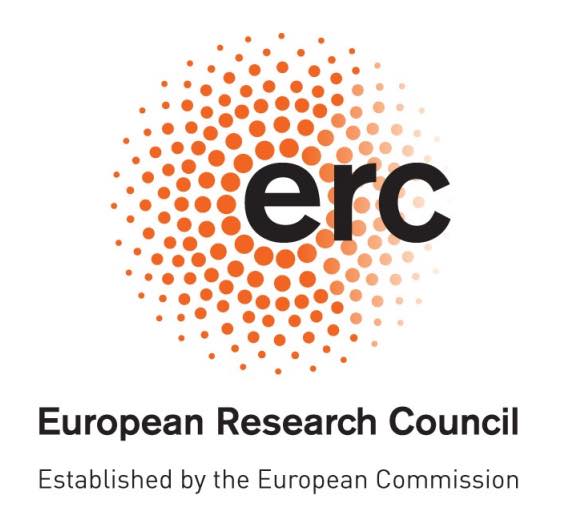
Stephan Schiffels’ project MICROSCOPE will investigate the pre-Roman European Iron Age with new genetic methods. The challenge in most periods of European prehistory since the Bronze Age is a high degree of genetic homogeneity among European populations. This is due to millennia of mixing and amalgamation of the originally diverse ancestry lines that make up Europeans today. In order to address this, a significant part of the project is devoted to the development of new statistical genomic methods, based on shared rare genetic variation, which will help investigating the subtle population dynamics needed to infer population movements in the past.
The key element of the project, beyond method development, is a reconstruction of population-level processes such as migrations and mixtures during the pre-Roman Iron Age. To this end, the project is based on close collaboration between genetic and archaeological partners to ensure i) high quality sampling throughout the period of 800-100BC in Central Europe, and ii) interpretation and contextualization of genetic results in light of archaeological data. A particular focus of the investigation will be on the so-called “Celtic world”, which reflects this period’s association with Europe’s last major cultural phenomenon before the Roman conquest.
The ERC’s mission is to encourage the highest quality research in Europe through competitive funding and to support investigator-driven frontier research across all fields, on the basis of scientific excellence. The ERC Starting Grant is one of the most competitive EU grants. Over 3,100 applications were submitted this year, with 408 eventually being selected (c. 13%) for funding at a total of 621 million Euros. The grant is awarded to researchers within 2 to 7 years after their PhD to fund excellent and ground-breaking ideas. The awardees receive funding of up to 1.5 million Euros per grant to establish their own research group and realize their project over the course of up to five years.
Here is a more extended news item from the Institute’s homepage.